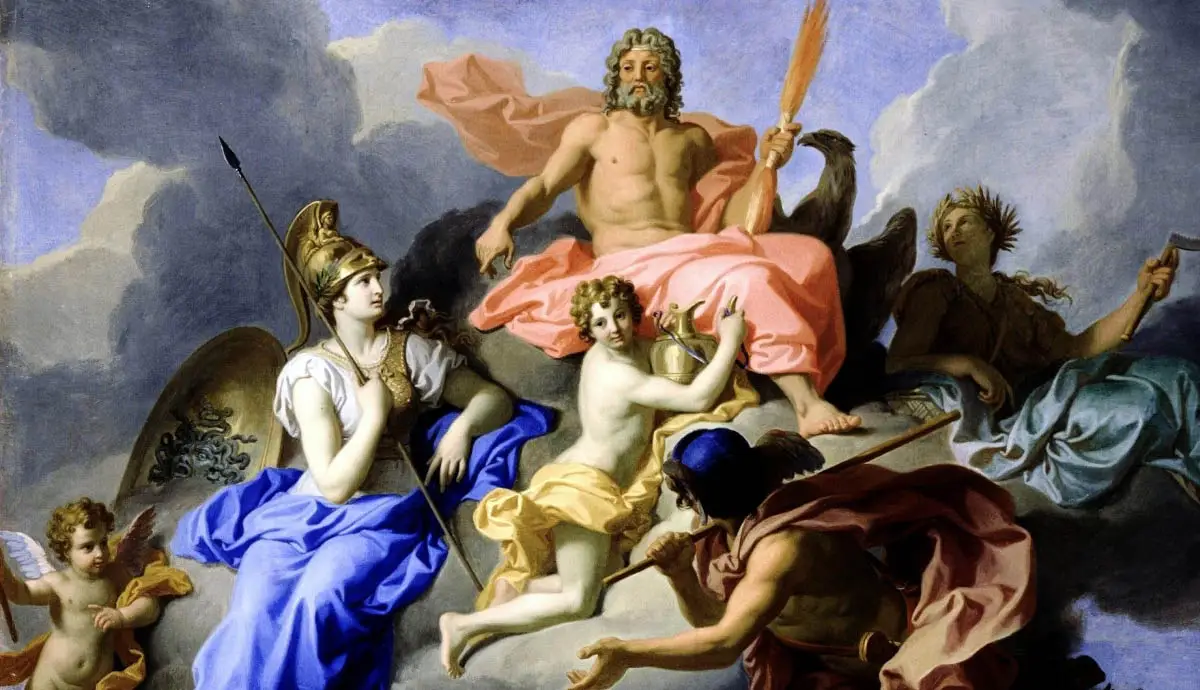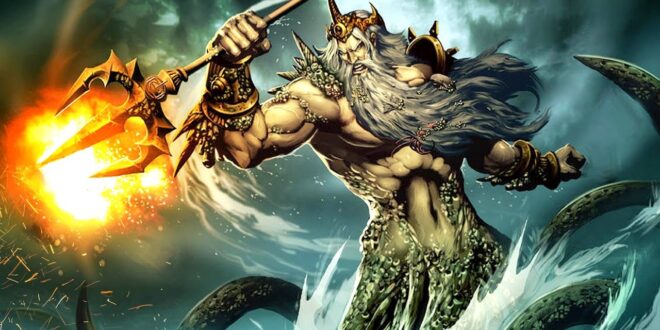Greek mythology is a fascinating tapestry of tales, characters, and morals that have greatly influenced Western culture for millennia. At the heart of these stories is a pantheon of gods and goddesses, each with unique attributes, tales, and powers.
Though many of these divine beings held immense power, there has been a longstanding debate on which goddess wielded the most might. This article dives deep into Greek mythology to unearth an answer.
A Clash of Divine Femininities
Check this, when contemplating divine power in the realm of Greek goddesses, three names typically rise to the forefront: Athena, Hera, and Aphrodite. Each embodies a distinct facet of femininity and wields her influence in unique ways.
- Athena, the virgin goddess of wisdom, warfare, and crafts, emerged fully grown from the forehead of Zeus, attesting to her unique origin and stature among the deities. Known for her strategic mind and prowess in battle, Athena often served as a protector of heroes and entire cities.
- Hera, Zeus’s wife and sister, is the queen of the gods. As the goddess of marriage and childbirth, she has a deep connection with the institution of family. Yet, her stories often depict her as vengeful, especially towards Zeus’s extramarital affairs and their offspring.
- Aphrodite, the goddess of love, beauty, and desire, has a mysterious origin, either emerging from the sea foam after Cronus castrated Uranus or being the daughter of Zeus and Dione. With the power to make both gods and mortals fall in love, her influence extends beyond the confines of Olympus.

Measuring Divine Power
To determine the most powerful goddess, we need to understand the criteria for “power.” Power in Greek mythology isn’t just about strength in battle. It encompasses influence, respect, control over domains, and impact on human affairs.
Tales of influence and dominance narratives from Greek myths provide insights into how each goddess exercised her might:
- Athena’s wisdom led her to aid heroes like Perseus, Odysseus, and Heracles. Her influence wasn’t only in warfare; she was pivotal in peace-making endeavors, as evident in the resolution of the conflict between Poseidon and herself over the patronage of Athens.
- Hera, though often overshadowed by her husband Zeus’s exploits, displayed her strength in tales where she went head-to-head with him. Her wrath and curses were things even gods feared, as seen in her relentless vendetta against Heracles or her punishment of the mortal Io.
- Aphrodite’s power lay in her beauty and ability to inspire love and lust. The Trojan War, one of the most significant events in Greek mythology, was indirectly caused by her when Paris chose her as the fairest over Hera and Athena.
Ancient worshippers considered multiple facets when venerating a deity. For instance, while Hera had significant temples and was worshipped as the queen of the gods, Athena had the esteemed Parthenon in Athens, signaling her prominence. Aphrodite, meanwhile, had widespread worship for her association with love and fertility.

Conclusion ─ Unraveling the Might
Defining the “most powerful” goddess is a subjective endeavor. Each of these divine entities had realms in which they were unparalleled. Athena’s wisdom and strategy, Hera’s regal authority and vengeance, and Aphrodite’s allure and influence over emotions are all potent in their right.
However, if we consider the reach of influence on both mortal and divine affairs and the lasting impact on Western culture, Athena might have a slight edge. Her integration into the lives of many heroes, her revered position in cities like Athens, and her embodiment of wisdom and strategic warfare position her as an enduring symbol of divine power.
Nonetheless, power’s beauty in Greek mythology is its multifaceted nature. Each goddess, with her unique strengths and stories, continues to captivate, teaching us that might manifest in various forms, be it wisdom, love, or authority.
 Hi Boox Popular Magazine 2025
Hi Boox Popular Magazine 2025



